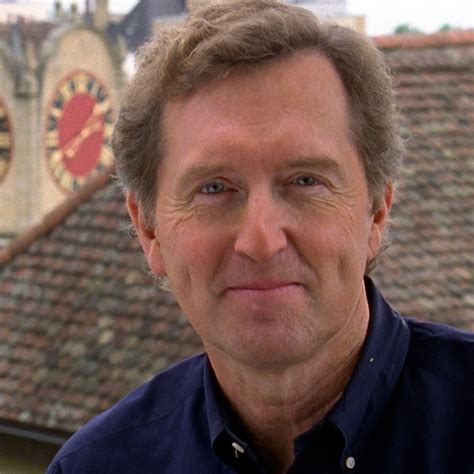A Quote by Deepak Chopra
The symbolic language of the crucifixion is the death of the old paradigm; resurrection is a leap into a whole new way of thinking.
Quote Topics
Related Quotes
"Gospel preachers nowadays preach the gospel of the Crucifixion, the Apostles preached the gospel of the Resurrection as well. The Crucifixion loses its meaning without the Resurrection. Without the Resurrection the death of Christ was only the heroic death of a noble martyr; with the Resurrection it is the atoning death the Son of God. It shows that death to be of sufficient value to cover our sins, for it was the sacrifice of the Son of God."
My problem with Obama is that he's not a new paradigm; he's an old paradigm. A new paradigm would be somebody like Harold Ford [former Democratic Congressman from Tennessee] or Michael Steele [former Republican Lieutenant Governor of Maryland], no relation, both of whom present themselves as individuals, and don't seem to wear a mask. They don't 'bargain;' they don't 'challenge.' So, I see them as fresh, and as evidence of what I hope will be a new trend.
All our language about the future ... is like a set of signposts pointing into a bright mist ... the New Testament image of the future hope of the whole cosmos, grounded in the resurrection of Jesus, gives as coherent a picture as we need or could have of the future that is promised to the whole world, a future in which, under the sovereign and wise rule of the creator God, decay and death will be done away with and a new creation born, to which the present one will stand as mother to child.
When you see reference to a new paradigm you should always, under all circumstances, take cover. Because ever since the great tulipmania in 1637, speculation has always been covered by a new paradigm. There was never a paradigm so new and so wonderful as the one that covered John Law and the South Sea Bubble - until the day of disaster.
God's kingdom is launched through Jesus and particularly through his death and resurrection; but, by the Spirit, this kingdom is not an escape from the present world but rather its transformation, already in the present (starting with Jesus' resurrection) and in the ultimate future (the new heaven and earth including our own resurrection).
If you are a Buddhist, inspire yourself by thinking of the bodhisattva. If you are a Christian, think of the Christ, who came not to be served by others but to serve them in joy, in peace, and in generosity. For these things, these are not mere words, but acts, which go all the way, right up to their last breath. Even their death is a gift, and resurrection is born from this kind of death. (157)
While self-interest arising from the enjoyment of meat eating is obviously one reason for its entrenchment, and inertia another, a process of language usage engulfs discussions about meat by constructing the discourse in such a way that these issues need never be addressed. Language distances us from the reality of meat eating, thus reinforcing the symbolic meaning of meat eating, a symbolic meaning that is intrinsically patriarchal and male-oriented. Meat becomes a symbol for what is not seen but is always there--patriarchal control of animals and of language.
We should think more about it, and accustom ourselves to the thought of death. We can't allow the fear of death to creep up on us unexpectedly. We have to make the fear familiar, and one way is to write about it. I don't think writing and thinking about death is characteristic only of old men. I think that if people began thinking about death sooner, they'd make fewer foolish mistakes.


































